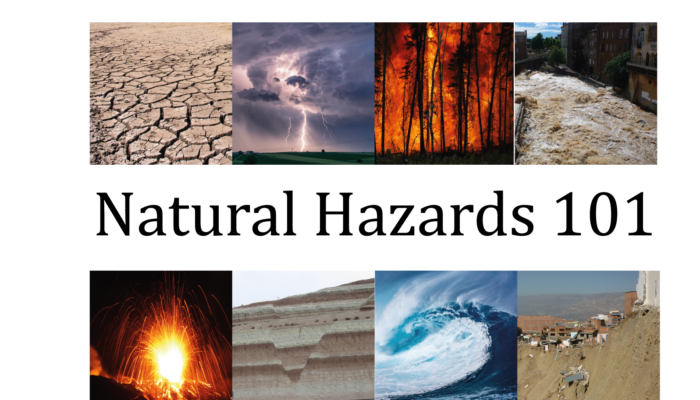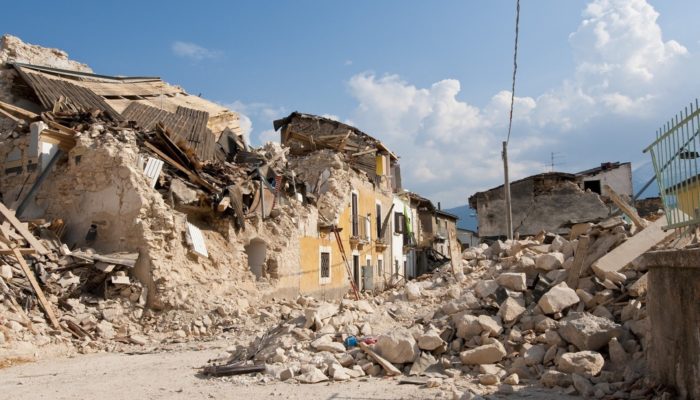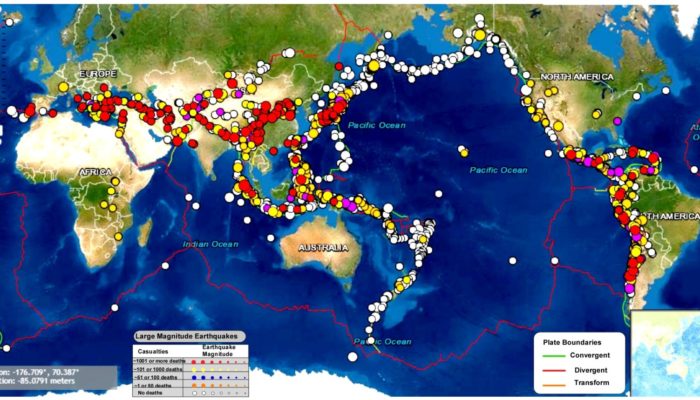We often talk about different natural hazards, how researchers investigate them and solutions to mitigate their effects on society, infrastructures and the environment. However, we have never really stopped for a moment to define a hazard, a natural hazard and much of the terminology in the field that can sometimes be evasive and not so straightforward to understand. Thus, we start this series of ...[Read More]
Natural Hazards 101 – What is a – natural – hazard?




